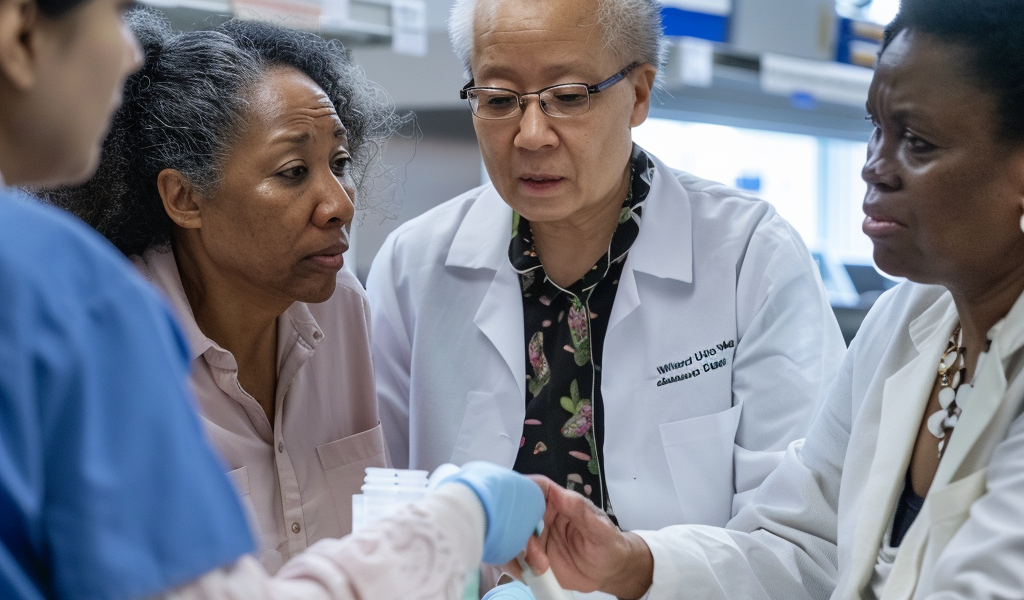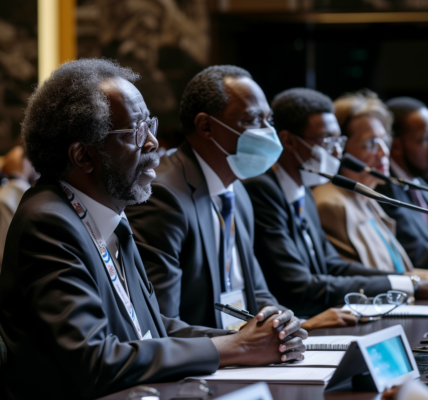Washington University School of Medicine Joins National Clinical Trials Network for Cancer Screening
Washington University School of Medicine in St. Louis has joined a new national clinical trials network launched by the National Cancer Institute (NCI) to investigate emerging technologies for cancer screening. The goal of the network is to reduce cancer-related illnesses and deaths, with a key priority being the inclusion of participants from diverse populations.
As one of seven U.S. institutions to receive funding from the NCI, Washington University School of Medicine will conduct screening activities as part of the clinical trials network. Collaborating with Siteman Cancer Center, based at Barnes-Jewish Hospital and Washington University School of Medicine, the investigators will lead trials in Missouri and parts of Illinois, aiming to reach diverse populations, including those living in underserved areas.
The network’s primary focus is to evaluate the effectiveness of a screening technology designed to detect multiple cancers with a single blood test. While some multicancer detection tests are already in use, they lack full FDA approval and are still under evaluation. The network’s objective is to evaluate these tests and help bridge the gap in early detection for cancers such as pancreatic, lung, kidney, ovarian, and liver tumors, which often go undetected until they are too advanced to treat effectively.
Dr. Aimee James, a professor of surgery in Washington University’s Public Health Sciences Division and co-leader of the Cancer Prevention and Control Research Program at Siteman, highlighted the potential of multicancer detection tests to revolutionize cancer screening. However, she also emphasized the need to understand the risks and benefits of these tests. Through the network, the researchers aim to determine whether such tests can detect cancer early and ultimately save lives.
Typically using a blood sample, multicancer detection tests look for signs of cancer, such as bits of cancer DNA or proteins. It is important to note that a positive result does not necessarily indicate the presence of cancer, and the tests may not always identify the specific cancer type. Further testing is required to confirm the cancer type and decide on the next steps. The network will also address the challenges of false-positives and false-negatives associated with these tests.





